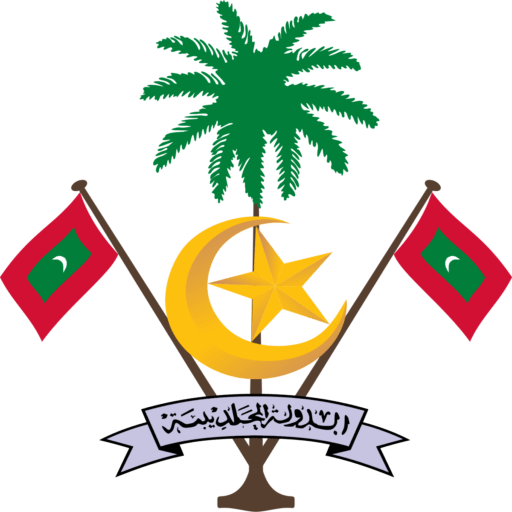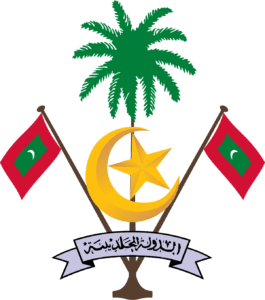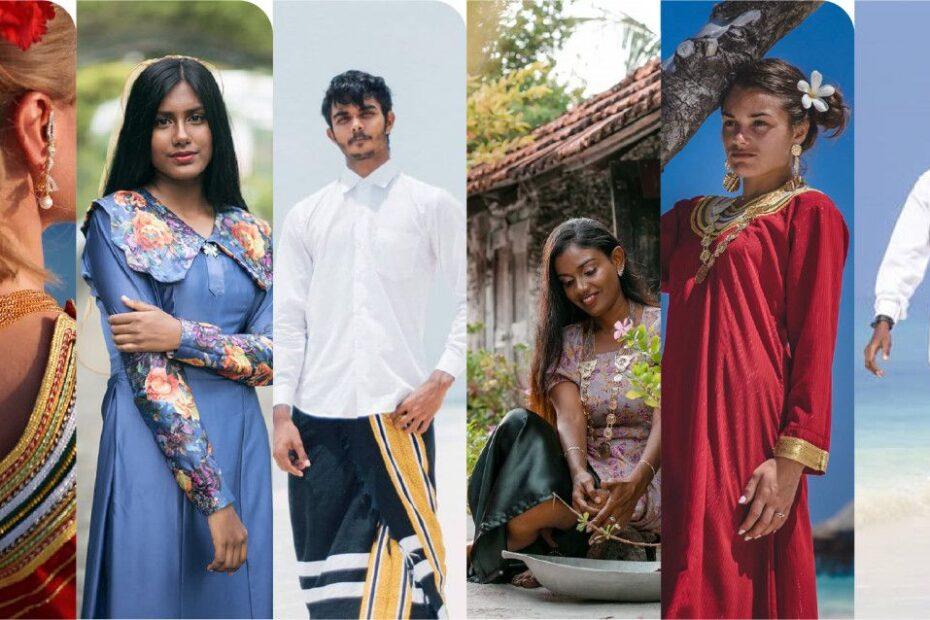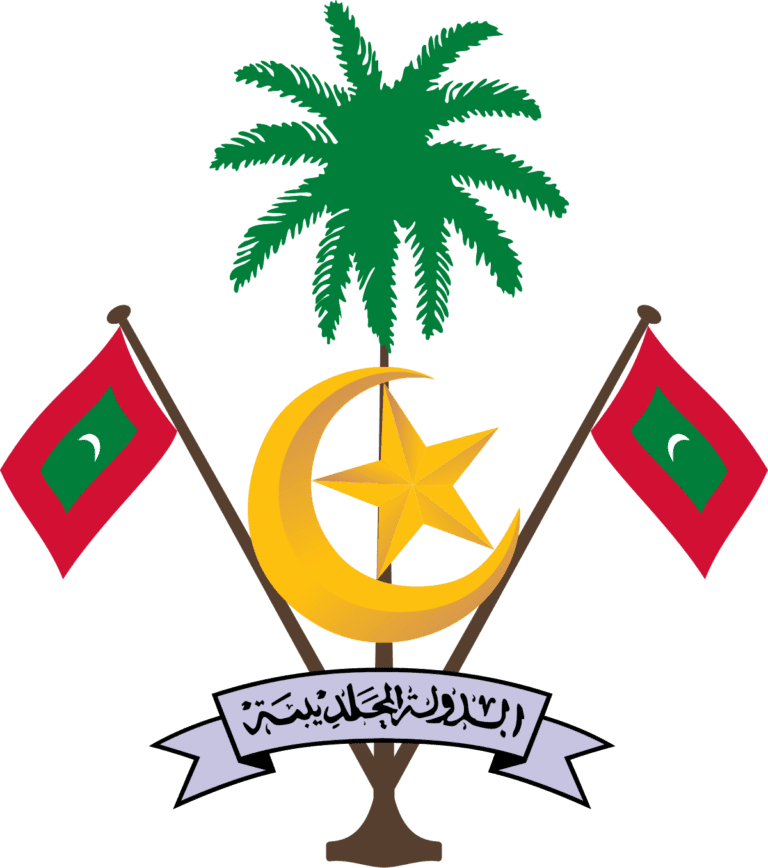Influences
The Dhivehi language is of Indo-Iranian Sanskritic origin and therefore closely related to Sinhala, which points at a later influence from the north of the subcontinent. According to legends, the kingly dynasty that ruled the Maldives in the past has its origin there.
These ancient kings may have brought Buddhism from the subcontinent, but it is not clear. In Sri Lanka, there are similar legends, but it is improbable that the ancient Maldive royals and Buddhism came both from that island, because none of the Sri Lankan chronicles mentions the Maldives. It is unlikely that the ancient chronicles of Sri Lanka would have failed to mention the Maldives, if a branch of its kingdom had extended itself to the Maldive Islands.
Since the 12th century AD, there have also been influences from Arabia in the language and culture of the Maldives, because of the general conversion to Islam at that time, and its location as a crossroads in the central Indian Ocean.
In the islands’ culture, there are a few elements of African origin as well, from slaves brought to the court by the Royal family and nobles from their Hajj journeys to Arabia in the past. There are islands like Feridhu and Maalhos in Northern Ari Atoll, and Goidhu in Southern Maalhosmadulhu Atoll where many of the inhabitants trace their ancestry to released African slaves.
Society
The status of women in the Maldives was traditionally fairly high, as attested to in part by the existence of four Sultanas. Women typically wear the veil, but are not required to do so by law nor are they strictly secluded. Special sections are reserved for women in public places, such as stadiums and mosques. Women do not accept their husbands’ names after marriage but maintain their maiden names. Inheritance of property is through both males and females.
Women have always had an important role in the family and community. In the early history of Maldives, it was not uncommon to have a woman as a Sultana or ruler and it has been suggested that Maldivian society was once a matriarchy. In today’s society women hold strong positions in government and business. A large percentage of government employees are women. The male-to-female ratio of enrolment and completion of education to secondary school standards remains equivalent. Women serve in both the cabinet and the Parliament.
Maldivian culture shares many aspects of a strong matriarchal tradition with ancient Dravidian culture. A unique feature of Maldivian society is a very high divorce rate, which has been attributed by some as due to early marriage. Others have seen this extremely high divorce rate as reflecting the combination of Islamic laws about divorce and the relatively loose marital bonds that may be produced by the lack of a history of fully developed agriculture and the accompanying codes of agrarian honour and property relations. Polygamy in the Maldives is legal, though such unions have been reported to be very uncommon. Even so, fifty-nine polygamous marriages took place in 1998. Polygamy is also specifically covered by a 2001 Maldivian law, which orders courts to assess a man’s finances before letting him take another wife.
Prostitution in the Maldives is illegal and foreigners who engage in prostitution can expect to be deported and Maldivians can expect a prison sentence.
Homosexuality in the Maldives was criminalised in the 1880s.
Public holidays in the Maldives include both civilian dates and Islamic religious holidays.
Cuisine
The cuisine of Maldives is mainly fish as the fishing industry is the second-largest industry in the country. Daily meals include rice and fish, the most common foods, with fish being the most important source of protein in the average diet. In the past very few vegetables were eaten due to a lack of farming land in the country. Elders smoke guduguda, an elongated pipe that goes through a trough of water. Most food served in tourist resorts is imported. On ceremonial occasions, meat other than pork is eaten. Alcohol is not permitted except at tourist resorts. The local brew “Bogaru” is consumed instead of alcoholic beverages. Basic commodities such as rice, sugar, and flour are imported.
Religion
Islam is the major religion in the Maldives. This is most evident through the many beautiful mosques located on the main island of Malé as well as the lack of alcohol and pork available on the mainland. But not to worry, resorts have a special license to serve alcohol, so you can still enjoy cocktails and beachside beverages in tropical paradise.
Dress
With a predominately Muslim faith, Maldivians are quite conservative and wear traditional dress. Males wear a sarong and white cotton shirt, while females wear a traditional libaa which is a long dress with gold and silver thread. Guests must also be fully clothed while swimming at the beaches on the mainland unless swimming at a designated bikini beach. However, this rule does not apply at the resort islands and guests are free to soak up the sunshine in whatever swimming attire they please.
Music & Dance
Music and dance are an integral part of Maldives culture and are heavily influenced by their surrounding nations. One of the most well-known Maldives performances is the “Bodu Beru”. The dance is performed by large groups of 15 to 20 men and features a range of drummers, dancers and singers. Many of the resorts organise regular cultural performances to entertain their guests, so be sure to check one out on your next Maldives holiday.



